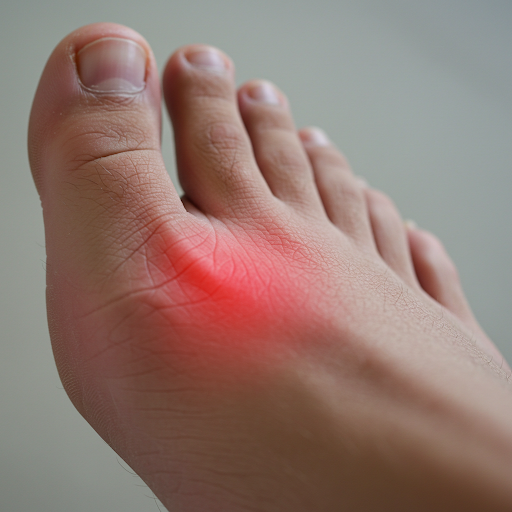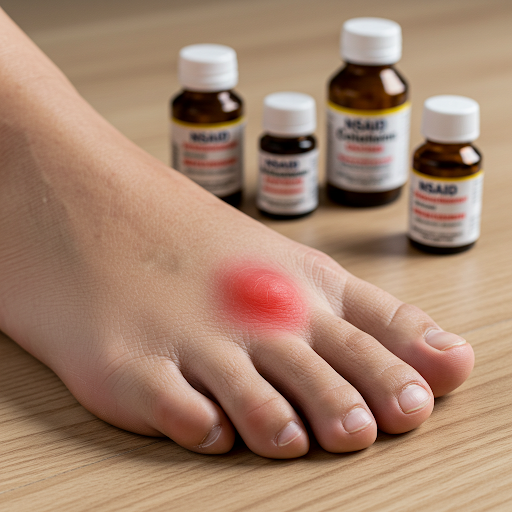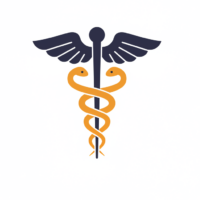
Understanding Gout Medications: Managing Flare-Ups and Long-Term Relief in Chicago IL
Gout is a form of arthritis that causes sudden, severe joint pain, most often in the big toe, but it can affect other joints as well. It’s caused by a buildup of uric acid crystals in the joints, leading to inflammation and pain. The good news? Gout is highly treatable, and medications play a key role in both managing flare-ups and preventing future attacks.
If you’re living in Chicago, IL and dealing with gout, this guide covers trusted treatment options and where to find expert care near you.

What Causes Gout?
Gout occurs when uric acid levels in the blood are too high (hyperuricemia). This can be due to: Genetics, Poor kidney function, Diet high in purines (red meat, seafood, alcohol), Certain health conditions (e.g., obesity, high blood pressure)


Types of Gout Medications
Gout treatment usually involves two approaches:
| Medications for Gout Flare-Ups These medications are used to relieve pain and inflammation during an active gout attack: | NSAIDs (Nonsteroidal Anti-inflammatory Drugs): Examples: ibuprofen, naproxen. Fast relief, but may not be suitable for people with kidney issues or ulcers. Colchicine: Reduces inflammation if taken early during an attack. May cause gastrointestinal side effects like diarrhea. Corticosteroids: Examples: prednisone. Effective for those who can’t tolerate NSAIDs or colchicine. Can be taken orally or injected directly into the joint. |
| Medications for Long-Term Management These medications help prevent future flare-ups by reducing uric acid levels: | Allopurinol: The most commonly prescribed uric acid-lowering medication. Regular blood tests may be needed to monitor liver and kidney function. Febuxostat (Uloric): An alternative for patients who can’t take allopurinol. Probenecid: Increases uric acid excretion via urine. Not ideal for those with kidney problems. |
Note: Long-term medications are not used during an active attack. They are introduced after flare-ups are under control.

Managing Gout Alongside Medication
- Drink plenty of water to help flush uric acid.
- Limit foods high in purines: red meats, shellfish, alcohol (especially beer).
- Maintain a healthy weight.
- Stick to your prescribed medication even if symptoms improve.

Gout Treatment Resources in Chicago IL
If you’re in Chicago, there are excellent rheumatology and primary care services to help manage gout effectively:
| Hospitals & Clinics | Rush University Medical Center and Northwestern Medicine offer expert rheumatologists and arthritis specialists. UI Health has a Rheumatology Clinic offering comprehensive gout care. |
| Community Health Options | Erie Family Health Centers, Lawndale Christian Health Center, and Heartland Health Centers provide accessible care with pharmacy support. Howard Brown Health offers inclusive care and chronic disease management. |
| Pharmacy Support | Local Walgreens, CVS, and Jewel-Osco pharmacies across Chicago offer medication counseling and prescription support. |
| Telemedicine Services | Chicago-based providers now offer virtual visits for ongoing gout management—convenient for busy schedules or mobility issues. |
Gout may be painful, but it’s very manageable with the right medication and healthy habits. If you’re in Chicago, IL, there are reliable providers and resources ready to help you get relief and prevent future attacks.
Don’t let gout control your life—take action today with expert guidance and effective treatment.

